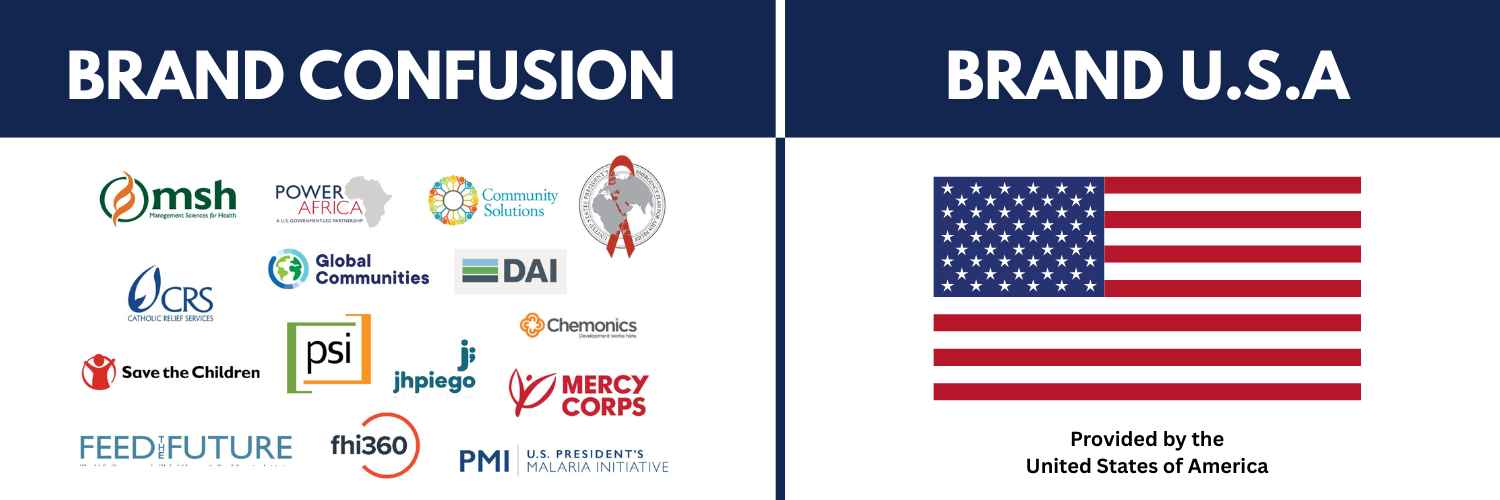WASHINGTON, D.C., July 11 (C-Fam) Marco Rubio shut down the U.S. Agency for International Development (USAID) last week. He also announced a complete overhaul of how the federal government will handle overseas assistance to advance U.S. interests.
“As of July 1st, USAID will officially cease to implement foreign assistance,” the U.S. Secretary of State announced in a statement titled Making Foreign Aid Great Again. The announcement comes after Rubio ended 83% of all USAID programs, closed 300 of roughly 700 offices around the world, and laid off over 3500 employees.
The drastic move was decided after the Trump administration began to conduct an audit in January this year. When USAID closed ranks and prevented any outside scrutiny, Rubio quickly took over USAID. Rubio said foreign assistance will be now handled by the U.S. State Department and will prioritize “trade over aid, opportunity over dependency, and investment over assistance.”
Rubio said he would not apologize for putting U.S. national interests first.
Rubio said that in the past, USAID seemed more loyal to the “United Nations, multinational NGOs, and the broader global community” than U.S. taxpayers or the U.S. President. “Too often, these [USAID] programs promoted anti-American ideals and groups, from global ‘DEI,’ censorship and regime change operations, to NGOs and international organizations in league with Communist China and other geopolitical adversaries,” Rubio said.
Until recently, the visibility of U.S. foreign aid was diluted amid a myriad of government and non-government agencies and partnerships with United Nations agencies. This meant that the U.S. government was often seen as one of many equal-status partners in international assistance, even though the U.S. is by far the single largest donor to humanitarian and development work around the world.
As a result, one of the first policies of the new U.S. foreign aid establishments to take effect will be to prominently rebrand all U.S. foreign assistance with the American flag to ensure that, regardless how the aid is delivered, it will be immediately clear to beneficiaries that the source of the assistance is U.S. taxpayers.
In his announcement, Rubio said, “where there was once a rainbow of unidentifiable logos on life-saving aid, there will now be one recognizable symbol: the American flag. Recipients deserve to know the assistance provided to them is not a handout from an unknown NGO, but an investment from the American people.”
Rubio emphasized that U.S. assistance will no longer be promoted as charity but as an instrument to promote mutually beneficial trade and development initiatives.
“Moving forward, our assistance will be targeted and time limited,” Rubio said. “We will favor those nations that have demonstrated both the ability and willingness to help themselves and will target our resources to areas where they can have a multiplier effect and catalyze a durable private sector, including American companies, and global investment.”
He cited examples of politicians and individuals from developing countries expressing a preference for such a model. He also said it was important to contrast China’s growing influence around the world through its own trade and development deals.
Rubio also touted several reforms designed to increase accountability and responsiveness and cut bureaucratic red tape, including consolidating accounts and giving a greater say to regional and country bureaus on how money should be spent.
“We want to get back to a situation or we want to get to a situation where we are empowering ideas and action at the embassy level and through our regional bureaus. Those are literally the front lines of American diplomacy,” he told lawmakers at a hearing in May.
View online at: https://c-fam.org/friday_fax/rubio-shuts-down-usaid-permanently-blames-dei-and-censorship/
© 2026 C-Fam (Center for Family & Human Rights).
Permission granted for unlimited use. Credit required.
www.c-fam.org









